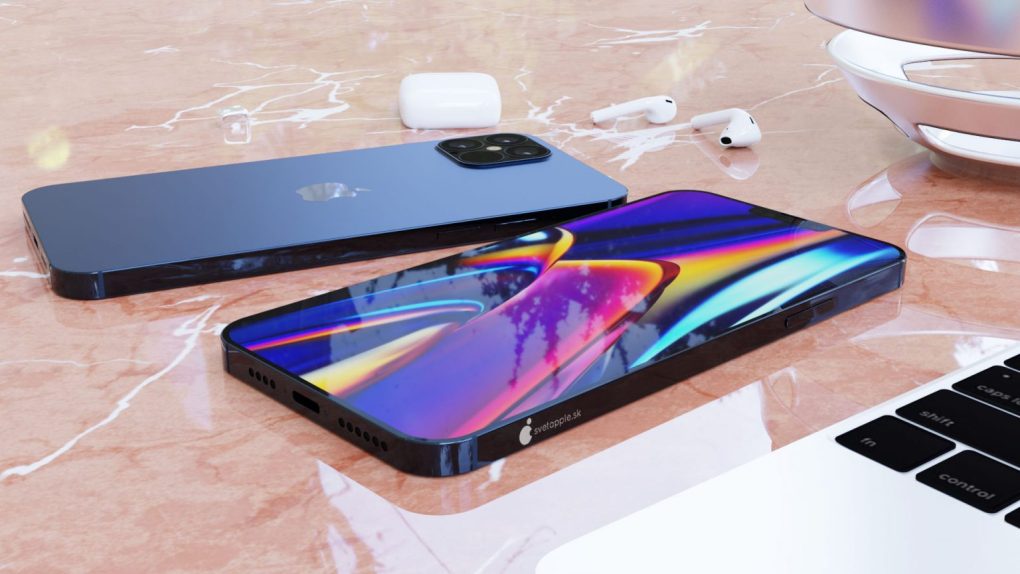- The iPhone 12 release date could be delayed to early October, rather than the usual late September launch that Apple favors.
- The new iPhones should still be unveiled in mid-September, according to schedule.
- The coronavirus health crisis is to blame for the delays. Apple supply chain is apparently normalizing, but the iPhone 12 could still see delays.
There’s no question that the iPhone 12 is one of the most anticipated new gadgets of the year. Even in the year of the coronavirus, when smartphone sales are down compared to last year, the iPhone 11 has been outselling its rivals by a massive margin. The iPhone 12 will probably sell just as well, considering the current landscape. Unlike the iPhone 11, the iPhone 12 will bring a variety of novelties that could convince more people to upgrade. Apple will introduce a brand new design, and the iPhone 12 will come in four distinct versions. All phones will have OLED panels and 5G support, and they will all run on one of the world’s first 5nm processors ever. The new iPhones will ship without chargers and EarPods in the box, which might make them more affordable. On the other hand, the addition of 5G could lead to slight price increases, other leaks say. That said, you might have to wait longer to get your hands on your desired iPhone 12 flavor, as the phone could see some delays.
Several reports said in the past few months that Apple will hold its iPhone press event in mid-September as usual, regardless of how the coronavirus pandemic evolves. But the health crisis will affect iPhone 12 supply, and some models could be delayed a few weeks. Lockdown and travel restrictions have hindered Apple’s usual iPhone development plans, and this could lead to manufacturing delays.
A new Wedbush note to investors seen by 9to5Mac says that Apple is still expected to announce the iPhone 12 series in September. But the phones won’t be available in late September, as it’s usually the case for new iPhones:
The supply chain getting back to normalization ahead of expectations has been impressive and now ultimately puts Cook & Co. back in the drivers seat to launch this 5G cycle in its typical mid-late September timeframe with the smartphones hitting the shelves/website by early October.
Apple isn’t necessarily a stranger to delaying iPhone launches. The iPhone X was unveiled in September 2017 but launched only in early November. This was Apple’s first all-screen phone, and Apple had been struggling with Face ID components at the time. A year later, it was time for Apple’s cheapest new iPhone and the first all-screen iPhone to rock an LCD display. The iPhone XR was launched in October, several weeks after the iPhone XS and XS Pro. The iPhone XR went on to become Apple’s most popular iPhone of that cycle.
Come this fall, Apple is expected to have the regular iPhone 12 versions out in September, with the two Pro versions coming in October. Wedbush makes no mention of such a scenario. That said, we’re still looking at predictions from analysts that don’t always come true.
Wedbush also noted that China will be a key driver of iPhone 12 adoption, saying Apple will work hard to compete in the market at all price levels, from iPhone SE to iPhone 12:
China remains a key ingredient in Apple’s recipe for success as we estimate roughly 20% of iPhone upgrades will be coming from this region over the coming year. We believe in China alone between 60 million to 70 million iPhones are in the window of an upgrade opportunity over the next year with Apple going aggressively at all price points (SE, iPhone 12) to cement its installed base despite competitive pressures from domestic players.
Wedbush sees Apple shares hitting $425 to $450.







